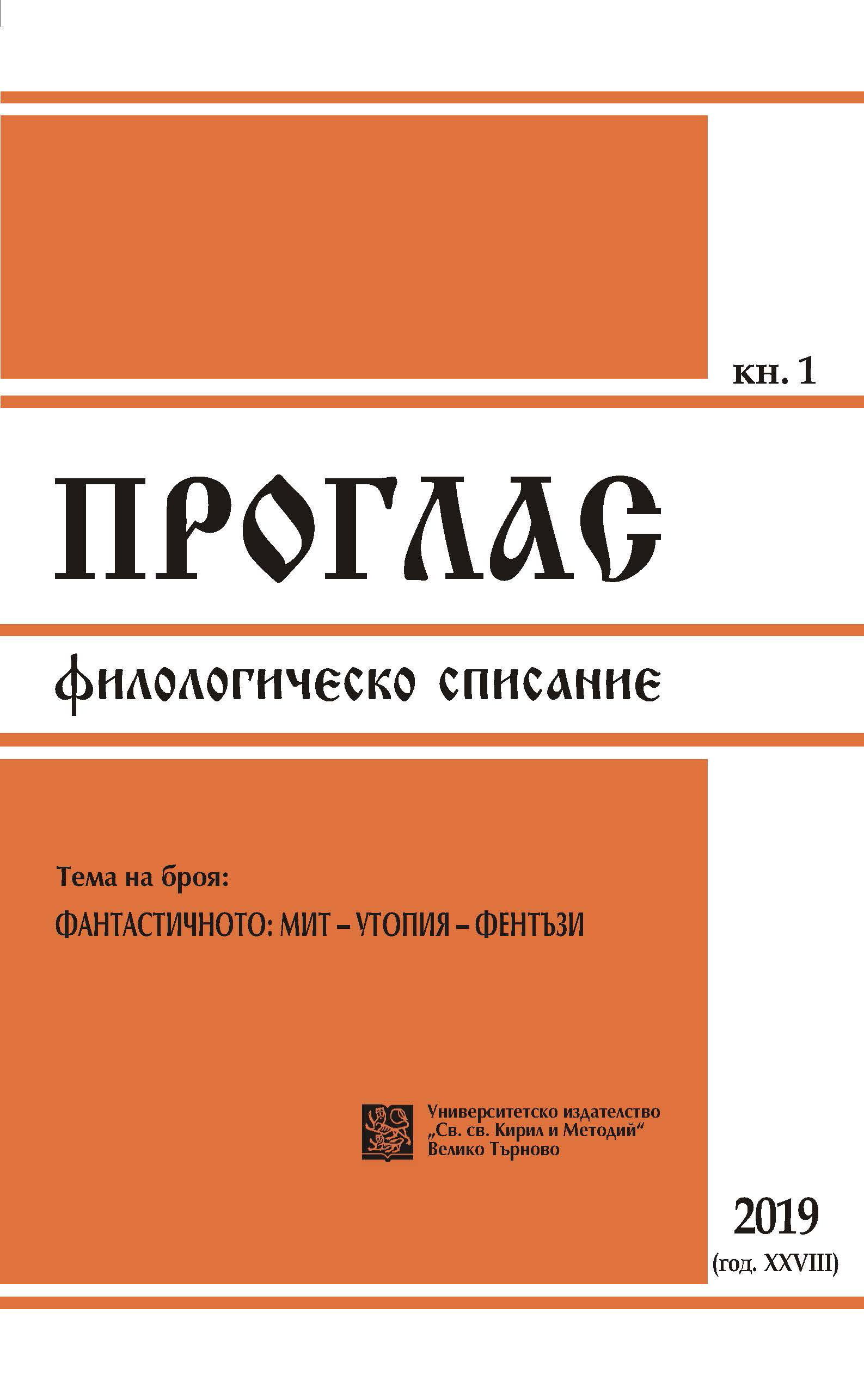(Не)познатият език: Гергьовден при бесарабските българи
The (Un)known Language: St. George’s Day in Bessarabian Bulgarians’ Perception
Author(s): Svitlana GeorgievaSubject(s): Theatre, Dance, Performing Arts, Cultural history, Customs / Folklore, Geography, Regional studies, Human Geography, Local History / Microhistory, Oral history, Sociolinguistics, Descriptive linguistics, South Slavic Languages, Stylistics
Published by: Великотърновски университет „Св. св. Кирил и Методий”
Keywords: St. George’s day; spring customs and rituals; St. George’s day’s customs and rituals; ethnolinguistics; cultural dialect; Bulgarian diaspora in Ukraine
Summary/Abstract: Folk-calendar terminology is an expression of the national specificity of cultures. This makes its studying promising within the framework of the tendencies for ‘European-style thinking’ which have emerged since the beginning of the 21st century. The article examines St. George’s Day customs and rituals in their ethnolinguistic aspect. G’erg’ewd’en (Vch, Cub, Chsh), G’ergyovd’en (A, G, Kam, Dl, Z), G’ergyochd’en (A) , G’ergyouud’en(Kr), Gyorguvd’en (Kul), Gyorguud’en (R), Gerg’ofden (Cyr), G’argyovd’an (DN), Gergiuden (Or) – the largest and richest – in a ritual sense – spring religious vestive-ritual complex of the Bessarabian Bulgarians, which is celebrated on the 6th of May (on the 23rd of April old style) and is dedicated to the Christian saint George, who is – in the folk tradition – the protector of shepherds and flocks. The paper attempts to systematize and explore the peculiarities of the cultural dialect associated with St. George’s Day ritual sequence.
Journal: Проглас
- Issue Year: 28/2019
- Issue No: 1
- Page Range: 74-82
- Page Count: 9
- Language: Bulgarian

